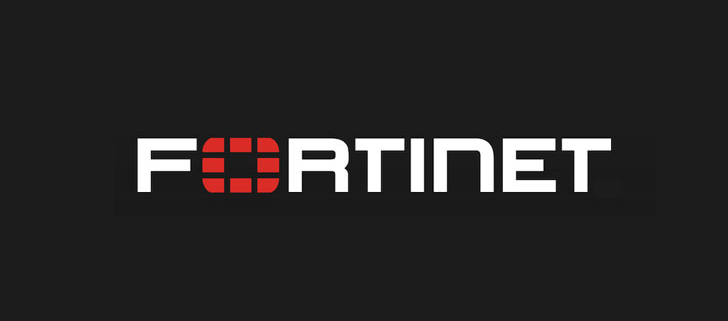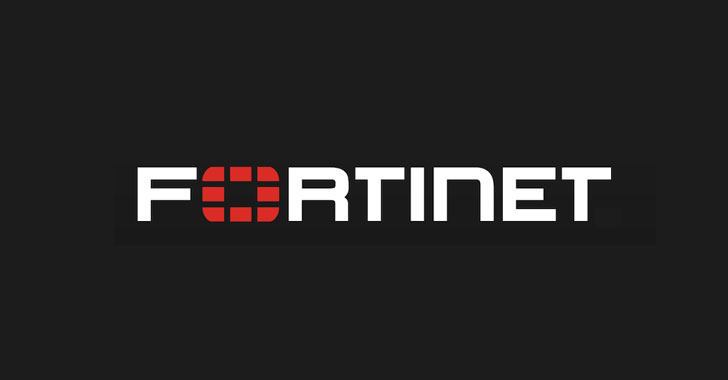How to Deal With Unpatched Vulnerabilities

Author: Carlos Arnal Cardenal, product marketing manager, WatchGuard Technologies
During the last few years, it seems as though not a day goes by without a headline shouting that some organization has experienced a data breach, putting the business, customers, and partners at risk. For managed security providers (MSPs) to keep their clients out of the news, it’s essential they understand the most common causes of data breaches and what they can do to prevent and protect from threats like unpatched vulnerabilities exploitation.
It’s worth bearing in mind that, according to the 2021 X-Force Threat Intelligence Index, scanning for and exploiting vulnerabilities was the top infection vector of 2020. The 2017 WannaCry ransomware attack was probably the clearest example of what can go wrong when patches aren’t applied; in this case a patch for the vulnerability exploited by the ransomware had existed for several months.
All these facts have shown that patch management’s importance has risen considerably.
It has become a critical security layer as a complex and growing risk for companies. MSPs must be more proactive in keeping their customers’ environments up to date with all the latest third-party security patches and software updates to protect them.
IT administrators and staff often do not have enough time or resources to take care of patch and update management. Therefore, MSPs need to understand the importance of preventing vulnerability exploitation, but to achieve this, they have to address three major challenges:
Identify, prioritize and remediate
- Vulnerability identification: Only a small number of attacks occur as a result of vulnerabilities that are unknown to all parties (zero day attacks). In most cases, cybercriminals exploit known flaws. For this reason, MSPs must ensure that their clients are quickly made aware of when they appear, as the time between a vulnerability being discovered and when attacks are executed has been significantly reduced.
- Prioritizing mitigation: While it may seem straightforward, most organizations struggle to identify which patch updates to install first. In fact, according to Ponemon,…






